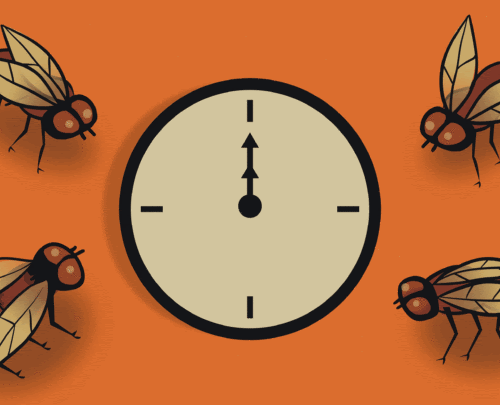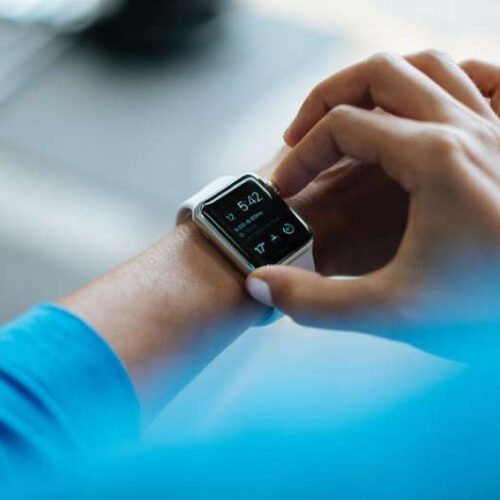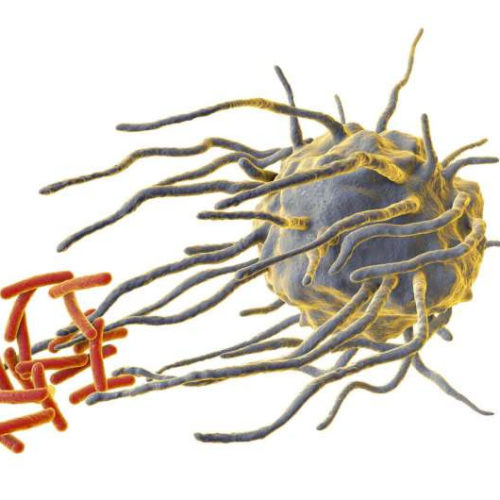Johns Hopkins MedicineScientists at the Johns Hopkins University School of Medicine and the National Institutes of Health have identified a protein in the visual system of mice that appears to be key for stabilizing the body’s circadian rhythms by buffering the brain’s response to light. The finding, published Dec. 5 in PLoS Biology, advances efforts...
Tag: <span>circadian rhythms</span>
Movement of genes within cells helps organisms tell time
Almost every living thing on Earth—from bacteria to plants to people—have a circadian rhythm, the biological clock that controls both physiology and behavior of organisms over a 24-hour period. This internal timekeeping has been the subject of intense study for decades (the discovery of the genes that drive it led to the Nobel Prize in...
Tracking circadian rhythms from your smartwatch
by University of Michigan Credit: CC0 Public Domain Smartwatches are handy devices for people to keep track of the number of steps they take per day or to track their mile time during a run. But they are also opportunities for scientists to understand people’s physiological processes while they are going about their everyday lives. In...
Immune system killer cells controlled by circadian rhythms
by Rensselaer Polytechnic Institute Macrophages, the killer cells of our immune system, are controlled by circadian rhythms, but the timing appears to rely upon an unexpected influence. Credit: Rensselaer Polytechnic Institute An analysis of an exhaustive dataset on cells essential to the mammalian immune system shows that our ability to fight disease may rely more heavily...



